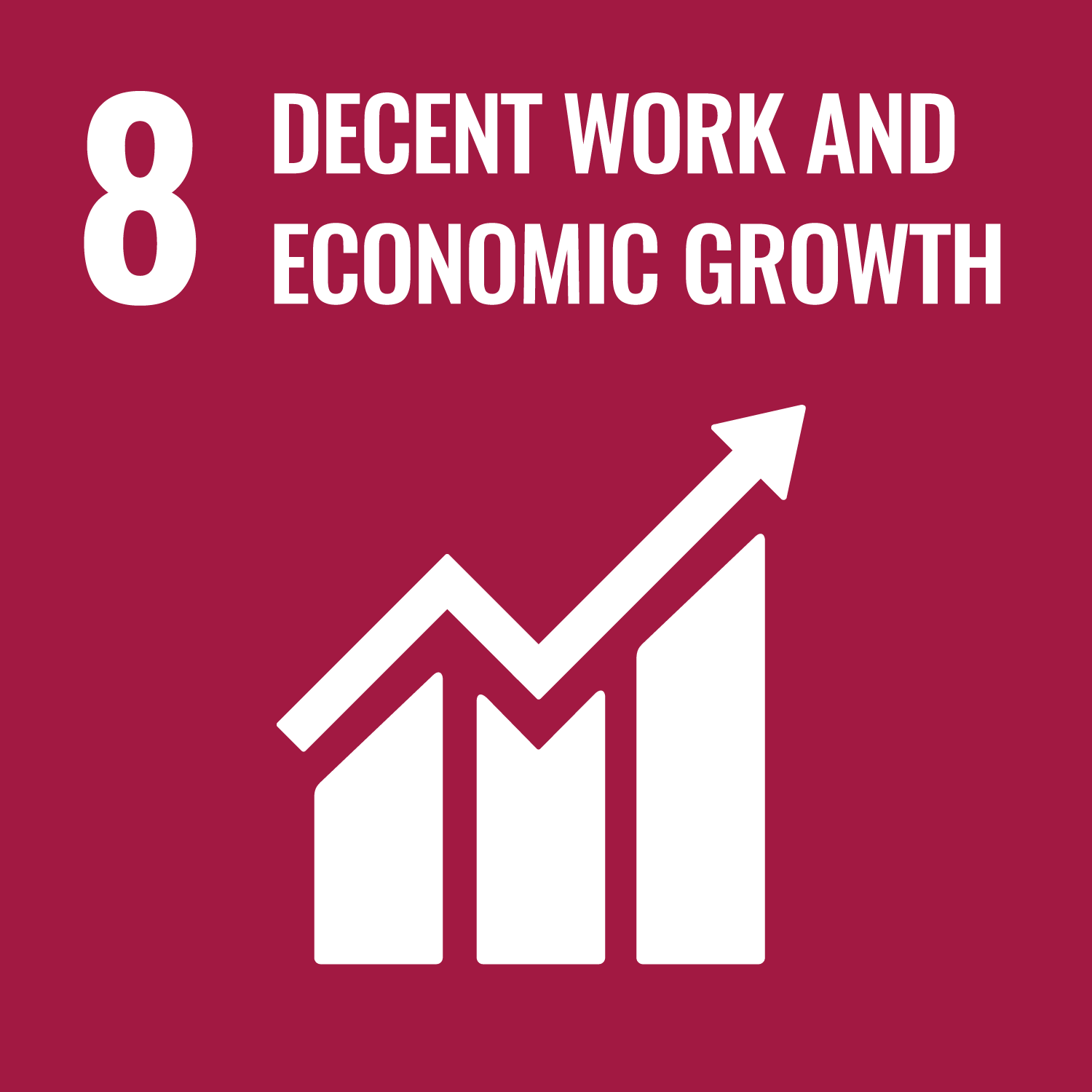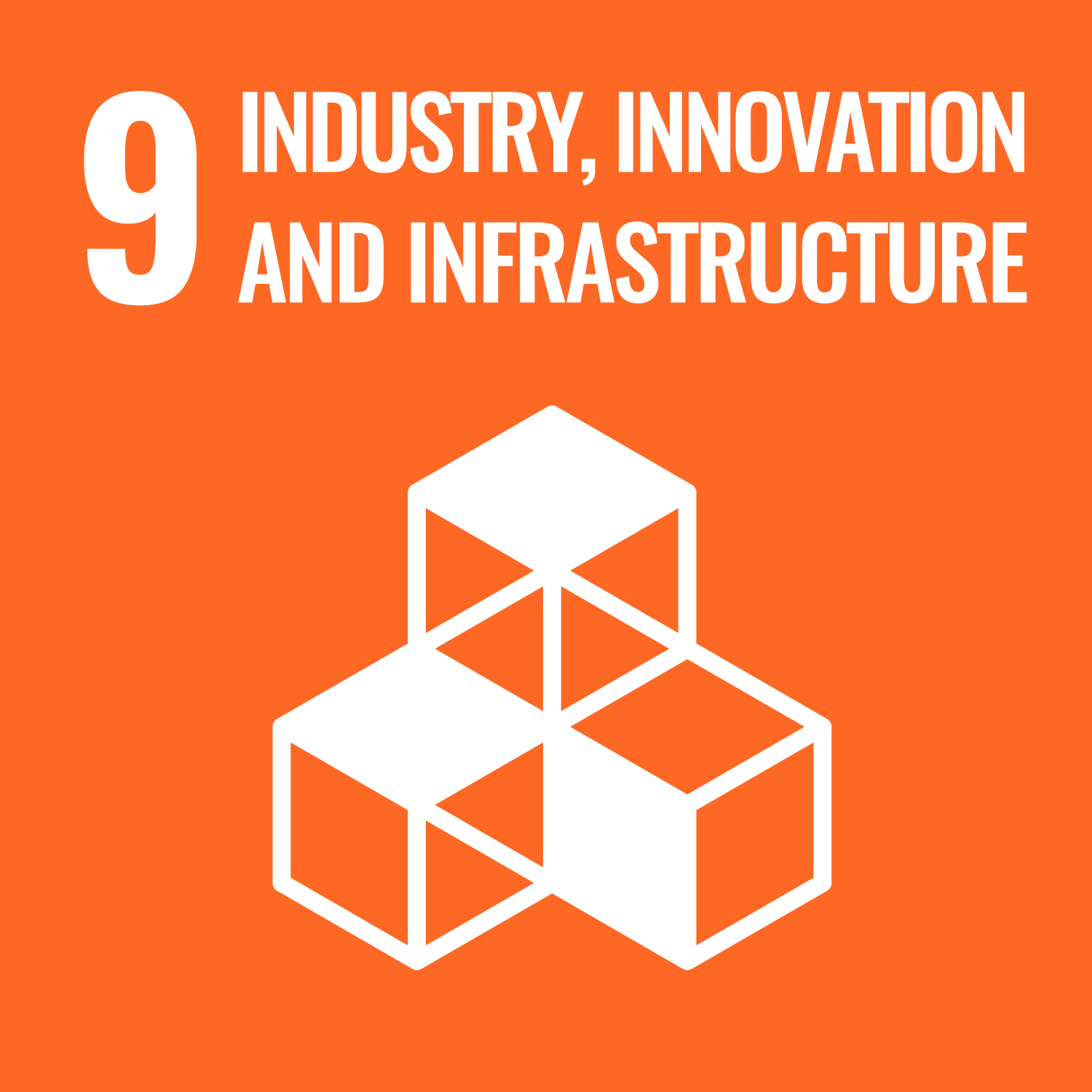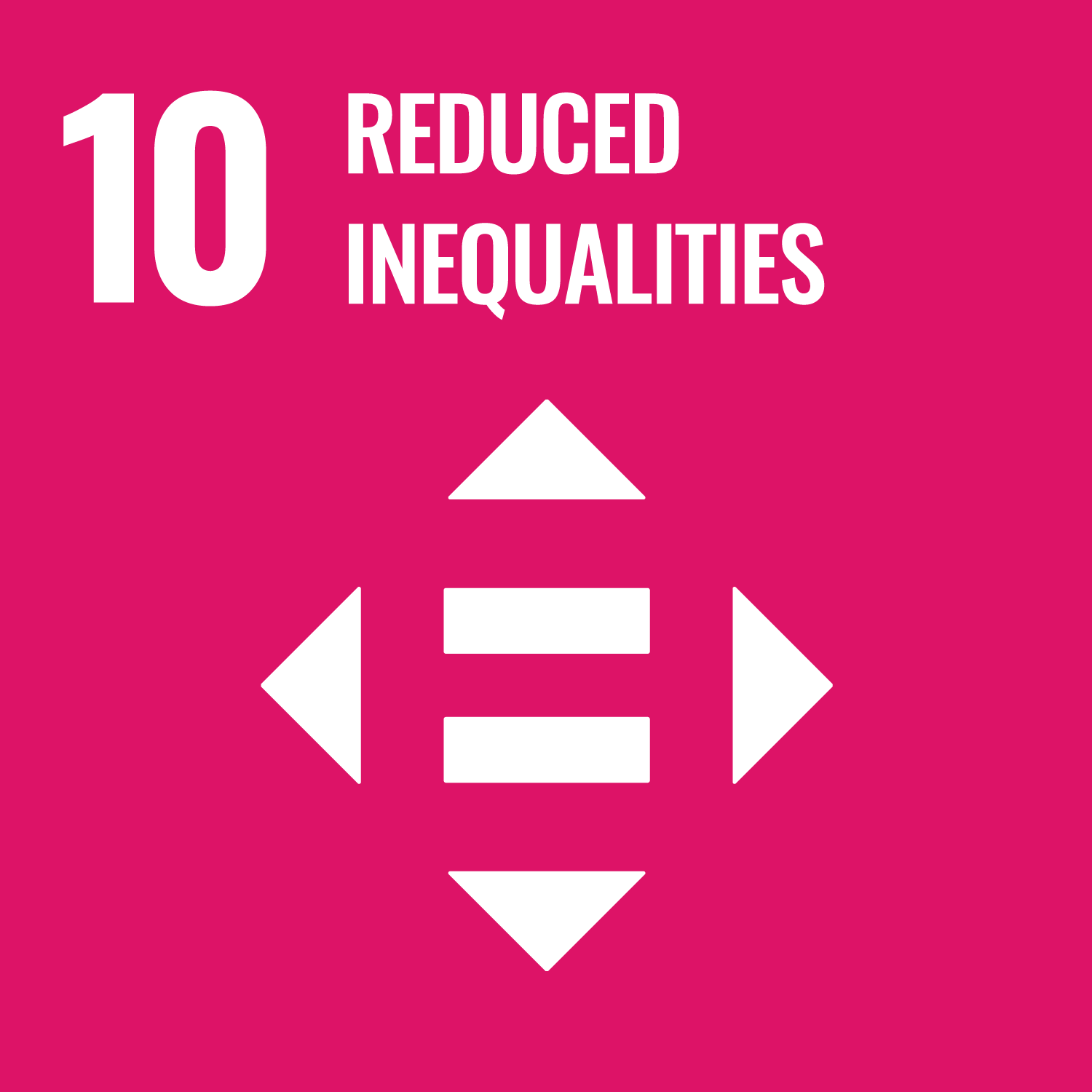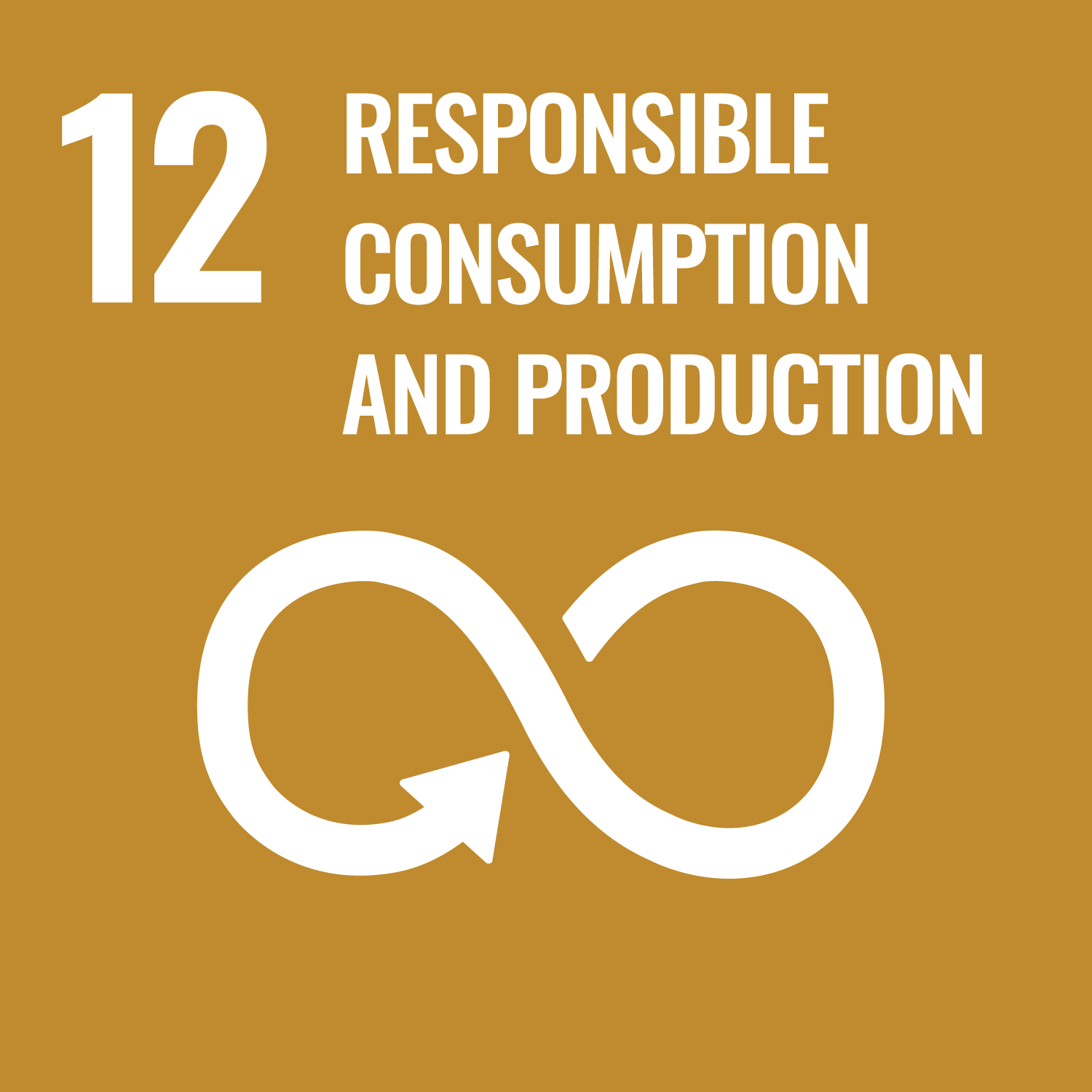2023.07.31





Faculty of Economics / Department of Management
Sugitani Yoko Professor
(1) Research on strategies to build a “strong” brand
Customers’ evaluations of a brand can be divided into two types: “strong” brand attitudes that do not deteriorate even if they read negative word-of-mouth messages, and “weak” brand attitudes that are susceptible to others’ opinions and are prone to brand switching. It is important for companies to distinguish between “strong” and “weak” brand attitudes and establish a “strong” brand reputation because many consumers are exchanging their opinions about products and brands on social networking sites. I am studying on how to build a strong brand by investigating the structure of consumers’ attitudes. I am also interested in the characteristics of Japanese consumers’ brand attitudes in comparison with those of consumers in other countries.
(2) Research on consumers’ attitudes toward digital communication
With the spread of online stores and remote working, we have more opportunities to use digital communication (e.g., chatting and videoconferencing) on a daily basis. However, we tend to prefer face-to-face communication to digital communication because we feel face-to-face easier to communicate our intentions and emotions. Why is this? By analyzing consumers’ attitudes to digital communication, I am studying what consumers seek from communication and what factors define their satisfaction in communication. Clarifying the causes of consumers’ skeptical attitude toward new technologies such as digital communication also leads to research on the factors that hinder the diffusion of AI and robotics-based businesses.
(3) Research on the managerial effects of corporate activities to achieve the SDGs
Many companies are engaged in various activities to achieve the SDGs, such as developing environment-friendly products and supporting impoverished people. Although these activities are all based on a great philosophy, academic research has shown that no matter how great these activities may be, if they are conducted in an inappropriate way, they will not be favorably evaluated by customers. Then, what should companies know when implementing social activities to achieve SDGs? I am studying on factors to lead companies’ social contribution activities more successful.